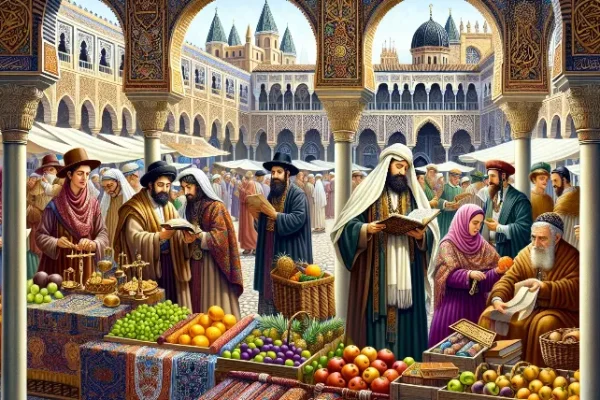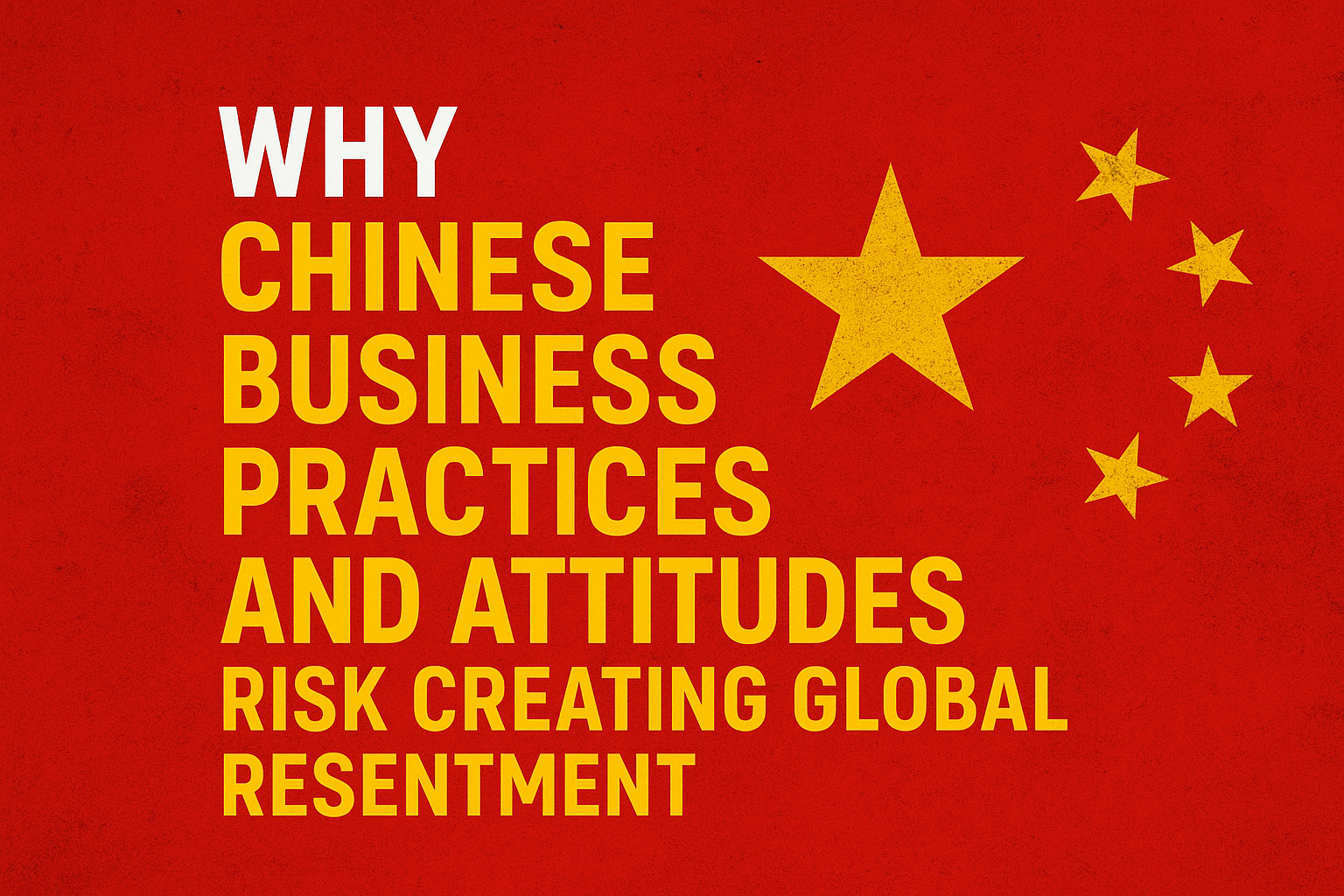
How Muslim Rule in Al-Andalus Transformed Europe: A Comprehensive Analysis
Discover how Muslim rule in Al-Andalus (Spain) influenced Europe’s intellectual, cultural, and economic landscape. From scientific advancements and architectural marvels to agricultural innovations and social tolerance, explore the profound legacy of Muslim Spain that helped shape European society and contributed to the Renaissance.















